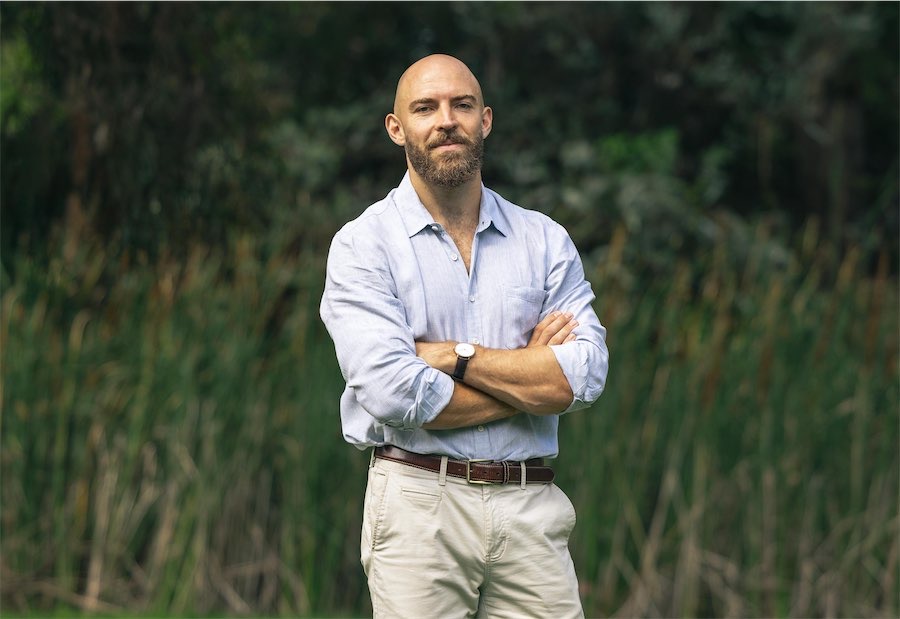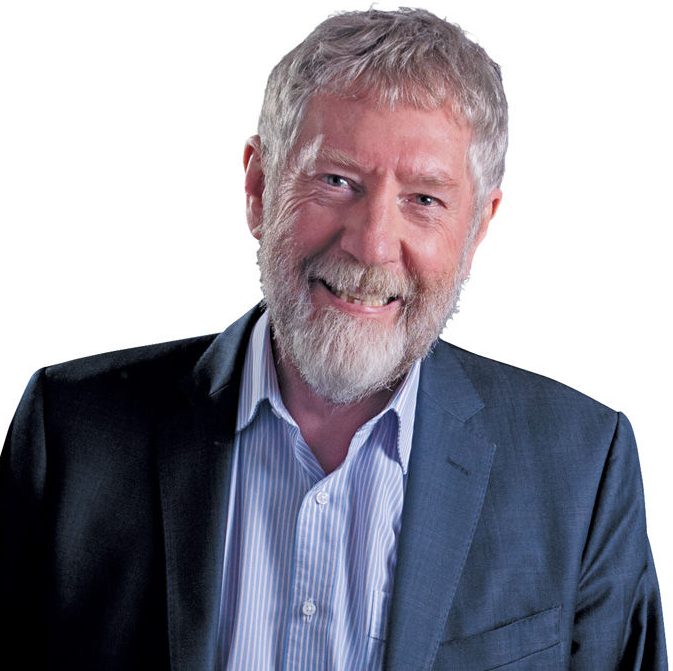
By launching the policy for a Future Generations Act, the Independents for Canberra have really set themselves apart from other political parties running in the election, writes political columnist MICHAEL MOORE.
Finally, there is a group of politicians who think beyond the next election.

How often have short-term electoral advantages outweighed sensible policy decisions across all jurisdictions in Australia? Hopefully, this will come to an end.
A Future Generations Act is being proposed by Thomas Emerson and the Independents for Canberra.
The proposal to be introduced into the ACT Legislative Assembly if they are elected in October strikes a solid blow for long-term thinking in politics. The legislation is based on a similar act that has been passed in Wales in 2015. It has a “legally binding common purpose” to provide intergenerational equity.
While many politicians have had the opportunity to learn from Wales, and to take action to rid themselves of short-term political decision making, no-one has had the courage to implement such legislation. By launching this approach, the Independents for Canberra have really set themselves apart from other political parties running in the election.
The Independents for Canberra proposal includes a Future Generations Commissioner as part of the legislation. The commissioner will be tasked with ensuring government decisions align with “a community-led vision for the Canberra we want for generations to come”.
The intention of this approach, as adopted in Wales, is to have the commissioner report to the Assembly regarding each bill or appropriate pieces of legislation after having assessed their impact on the long, long term. It will also be incumbent on the commissioner to consider any other actions of government to ensure appropriate consideration of the impact on future generations.
“Young people have little confidence that political leaders are making decisions in their long-term interests,” Mr Emerson said in launching the policy on behalf of his group.
Independents for Canberra, who are standing candidates in each of the five electorates, stand a real chance of holding the balance of power in the Assembly.
The idea is to “ensure current needs are met without compromising the ability of future generations to meet their needs”, according to Mr Emerson, who put young people as the key to this policy.
He explained: “The climate, housing and cost-of-living crises are combining to present the next generation with a future coloured by hopelessness.
“Young people feel they can’t afford their own future. They fear our changing climate. They despair at runaway habitat clearing and species extinction. They’re trapped by new technologies that are causing harm, rather than being harnessed for good.”
At the risk of being accused of using the ACT as a social laboratory, Mr Emerson said: “This is a forward-looking city where there’s a strong mandate for transformative social change. Canberra is the perfect place for this idea.
“We’re not seeing the leadership we need from our politicians. How much longer do we have to wait before people in power take action to tackle intergenerational inequality?
“I want my children, and their children, to feel inspired to realise their aspirations. We need to offer young people a future they can be excited about”.
In Wales the commissioner established by the Well-being of Future Generations Act argues that the legislation “requires public bodies in Wales to think about the long-term impact of their decisions, to work better with people, communities and each other, and to prevent persistent problems such as poverty, health inequalities and climate change”.
The timing of this proposal also fits in with an approach being taken by the United Nations. The UN Summit of the Future being held September 22-23 is a once-in-a-generation opportunity to enhance co-operation on critical challenges and address gaps in global governance.
The summit reflects the importance of thinking about future generations and for taking action on intergenerational equity. That process is expected to reaffirm existing commitments such as ongoing support for the Sustainable Development Goals and the United Nations Charter and look for co-operation from politicians internationally.
So many people look in vain for a long-term vision in our politicians. The commitment of Thomas Emerson and Independents for Canberra to a Future Generations Act reflects a serious understanding of the need for long-term thinking in politicians and bodes well for any of their members who are elected.
Michael Moore is a former member of the ACT Legislative Assembly and an independent minister for health. He has been a political columnist with CityNews since 2006.
Who can be trusted?
In a world of spin and confusion, there’s never been a more important time to support independent journalism in Canberra.
If you trust our work online and want to enforce the power of independent voices, I invite you to make a small contribution.
Every dollar of support is invested back into our journalism to help keep citynews.com.au strong and free.
Thank you,
Ian Meikle, editor





Leave a Reply